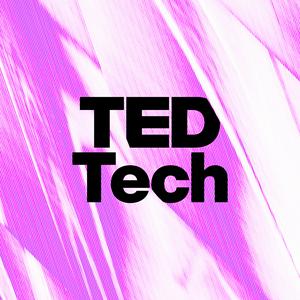History has been written by whoever controls the dominant fuel of the era — until now, says renewables entrepreneur Matt Tilleard. He explains why, as the clean energy transition ramps up, we’re moving from a world where energy comes from burning fuels to one where it will come from using technology. Learn why this could change everything about global power dynamics — and why the future belongs not to those who control resources, but to those who build and share technology.
Learn more about our flagship conference happening this April at attend.ted.com/podcast
Hosted on Acast. See acast.com/privacy for more information.


